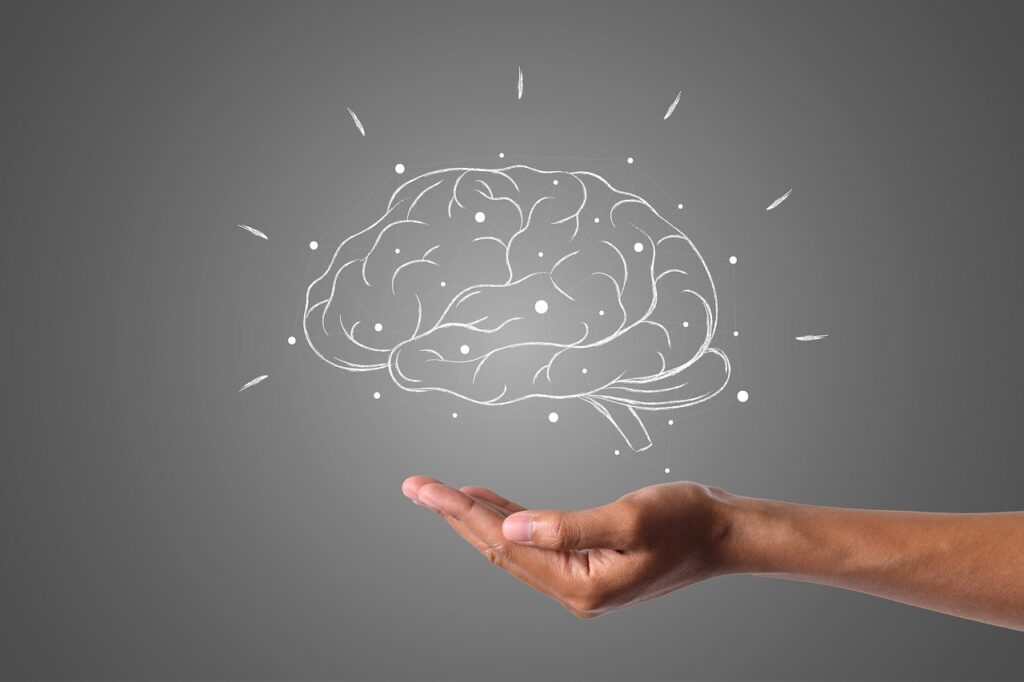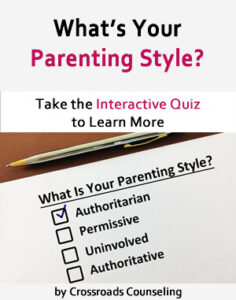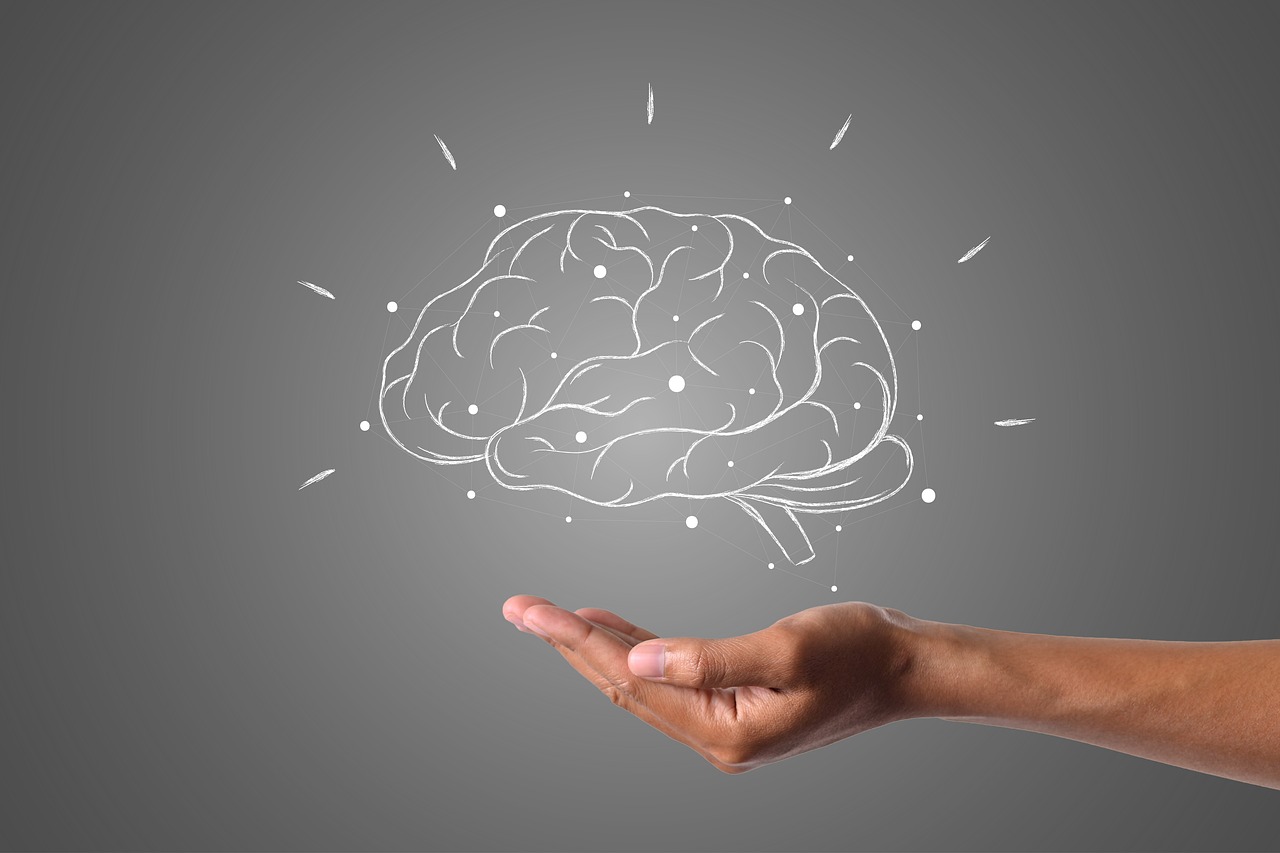May is Mental Health Awareness Month. Every week during the month of May Crossroads will post a blog focused on helping you and those you love to be mentally, relationally, and emotionally healthy. The fourth post for Mental Health Awareness month is, “What to Know About Teen Brains.”
Do you ever feel like your teenager isn’t fully listening to you? Maybe you’re concerned that they don’t truly understand what you’re saying.
While teens get notoriously stereotyped for bad listening habits and negative attitudes, there are deeper reasons for their behaviors than most people realize.
The biggest one? The teen brain works differently.
Your teenager still has growing to do, and that doesn’t just mean they’ll get a few inches taller by the time they graduate high school. The teen brain isn’t fully developed, making it difficult for them to think through things the same way you do as an adult.
Let’s take a closer look at the teen brain, what you should know about it, and how that information might help you be more patient and understanding with the teenager in your life.
Their Brain Isn’t Fully Mature
If you’ve ever heard the saying that girls mature faster than boys, there’s some truth to that. But, it’s likely not what you think. Typically, female brains reach their biggest size at age 11. For boys, it’s age 14. That doesn’t mean one is necessarily more mature than another.
In fact, even after the brain stops physically growing, it still needs to mature, no matter a person’s gender. The human brain actually doesn’t finish maturing until someone is well into their 20s. So, if you’ve ever wondered why your teenager seems so “immature” when it comes to how they think, that’s exactly why.
The most important part of the brain that has to keep developing is the prefrontal cortex. This is responsible for things like planning, problem-solving, and thinking things through before acting on them. When the prefrontal cortex isn’t fully developed, a person is more likely to make impulsive decisions and only focus on the here and now, rather than being able to fully comprehend the consequences in the future.
They Are Ready to Learn and Grow
Because the teen brain isn’t fully developed, it’s ready to learn. We spend so much time focusing on what young children can learn, but teenagers are like sponges, too. Now is the ideal time to not only focus on educational learning but on life lessons, as well. The teenage brain has plasticity. It can change easily and respond to whatever environment it’s in.
Simply put, the lessons you teach your teenager now will stick with them for a lifetime and likely shape their behaviors and thoughts in the future.
They Might Be More Susceptible to Mental Health Issues
Because the teen brain goes through so many changes, it’s often at a greater risk of things like anxiety, depression, and even eating disorders. There’s no question that teenagers have to go through a lot. In addition to a growing mind, they have to deal with social issues, hormonal changes, and pressure from school.
All of those things can create a “perfect storm” when it comes to mental health struggles. Thankfully, the teenage brain is very resilient. Even if they’re struggling now, it doesn’t mean they can’t grow into happy, healthy adults.
However, if you see your teenager struggling with symptoms of anxiety or depression or you’re worried about their well-being, don’t hesitate to take action. Talk to them about it. Show them that you are their ultimate support system. If you’re worried that you can’t help them on your own, reach out to a professional and set up an appointment. Sometimes, letting your teen talk things through with a therapist is the best way to help them get to the root of their depression and anxiety, so they can start to overcome it.
As you can see, the teenage brain is a pretty fascinating thing. The more you understand how it works, the easier it will be for you to connect with your teenager. From there, you can work together with them to solve problems now and help them mentally and emotionally prepare for their future.
Teen Counseling in Phoenix, Scottsdale, and Online Arizona
If your teen could benefit from meeting with a therapist please reach out. Our team of therapists work with teens struggling with anxiety, relationships, depression, and with teens who just need some extra support. We are happy to offer services from our Phoenix, AZ-based practice and Scottsdale. Your teen can also meet with a therapist online anywhere in the state of Arizona. You can start your therapy journey by following these simple steps:
- Contact Crossroads Counseling
- Meet with a teen therapist
- Start finding the happiness you deserve
Other Services Offered with Crossroads Counseling
Our offices are located throughout the valley with counseling centers located in Phoenix, Anthem, and Scottsdale. Call us at 623-680-3486,text 623-688-5115, or email info@crossroadsfcc.com. We offer a complimentary 20-minute phone consultation to answer your questions and better understand how we can help you. Contact us to learn more about the variety of mental health servcies that Crossroads Counseling offers.







